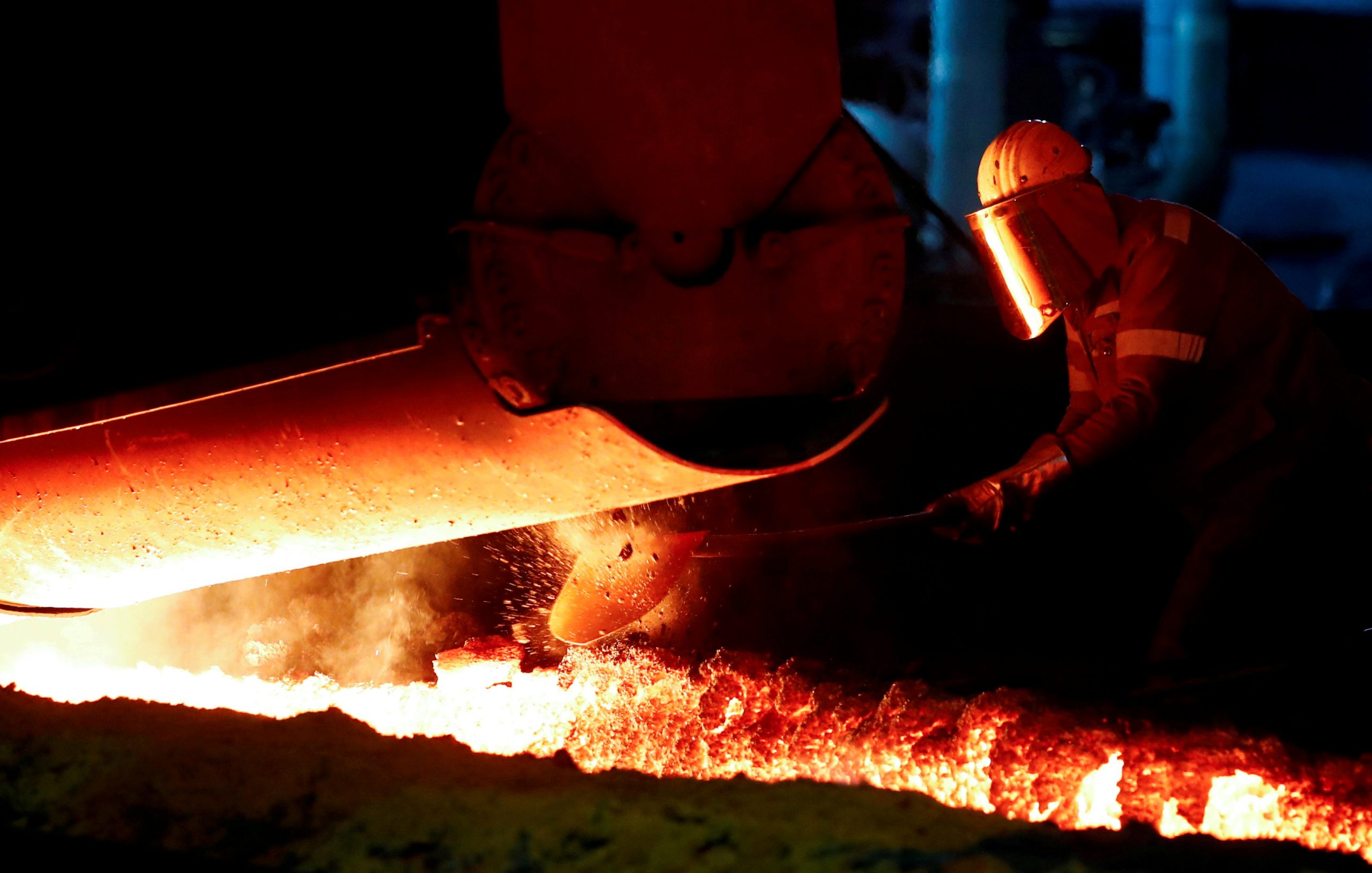Of the “negative firsts” – according to the journalistic cliché – that we sometimes conquer as a country, there are some that stay under the radar. While we have a lot of times referred to bureaucracy, to delays in the administration of justice and slow progress in innovation and competitivenes, the disappointing performance of Greek companies in terms of staff training goes unnoticed.
According to Eurostat data, recently highlighted by the Hellenic and European Economy Observatory of the Hellenic Foundation of European and Foreign Policy, 78.3% of companies do not offer any kind of continuing vocational training, either in-house or through any other means. This is the worst performance in the EU, with an average of 29.5%.
According to the same data, only 5% of large companies in the European Union do not invest in continuing vocational training of their employees. In Greece, this percentage is six times higher: It amounts to 31.8%, with Greece being the second country in the EU after Romania (32.6%).
Indicatively, in Portugal, the percentage of large companies that did not invest in the training of their employees did not exceed 1.4%.
As the analysts of the Hellenic Foundation of European and Foreign Policy rightly point out, this deficit shows that the problem of low skills in Greece does not only lie in the supply of employees, i.e. on the failures of the education and training system, but also in demand, i.e. in the indifference or the refusal of many Greek companies to invest in the skills of their employees.
If companies themselves are not interested in improving and developing the skills of their human resources by providing strong incentives, what kind of competitiveness are we talking about?









































